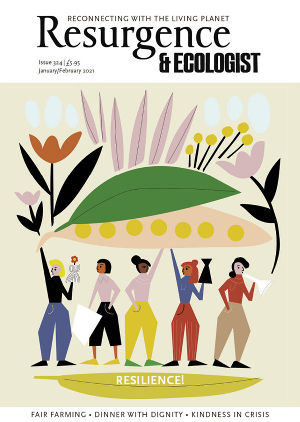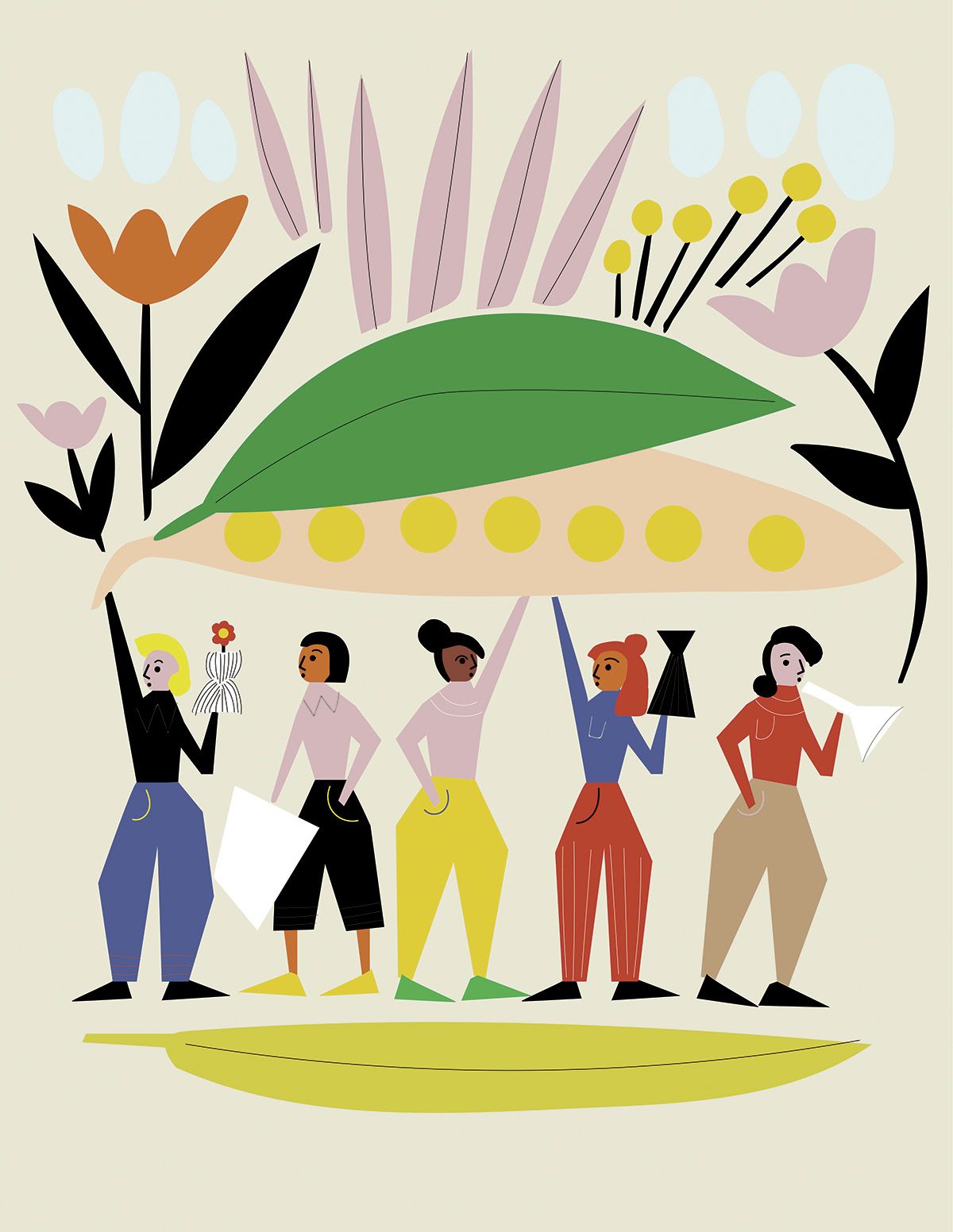With the election of Joe Biden in the US, the year that became a synonym for relentlessly bad news drew to a close on a more positive note, and environmental activists allowed themselves a moment to draw breath. The president-elect has signalled he will reverse Trump-era attacks on environmental regulations and rejoin the United Nations Paris Agreement, but it will be a Herculean task. “Signing back into the Paris Agreement is as difficult as putting your signature to a piece of paper,” Christiana Figueres said in her podcast Outrage and Optimism. “That’s not what we’re talking about. We’re talking about what are the signals that are going to be given to the economy of the US to get back on the decarbonisation path that most other industrialised countries are already on.” So for all those who want to secure a liveable future for our children, it’s back to work we go.
Meanwhile, communities are working harder than ever to support their neighbours as more people lose their jobs amid fallout from the Covid-19 crisis. In my town in Devon, a café is teaming up with the local food bank to deliver meals to people in need. More local businesses have been donating equipment, food and money than ever before, café owner Rebecca told me. “People want to help others because they feel powerless at the moment. Volunteering their time or money helps them cope, so it’s a two-way thing.” As the pandemic has shown, our connections with each other weave a safety net of resilience against the hardest times.
With this in mind, in this issue of Resurgence & Ecologist we visit communities across the world, from London to Zimbabwe, to explore how, despite differences in culture, climate and history, people are building resilience amid uncertainty. From having fun together in the kitchen, to bringing back traditional grain, to organising ecosystem restoration camps, connecting people with each other and Nature is key.
Also in this issue, Colin Tudge, co-founder of the Oxford Real Farming Conference, explores the connection between food banks and land ownership, and Anne Baring takes us back four millennia to a time when worship of the Great Mother was replaced by the Great Father, and the dire consequences this had for the future of humanity. Against a backdrop of social distancing, Satish Kumar reflects on the genius of generosity.
Much of the year 2020 was known for its gloomy trajectory, but 2021 is here now. We have the tools we need to build a better future, so together let’s get busy using them.







